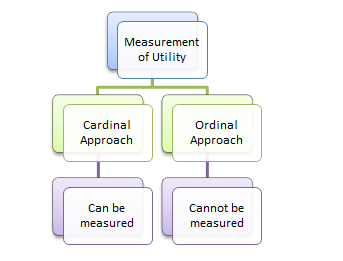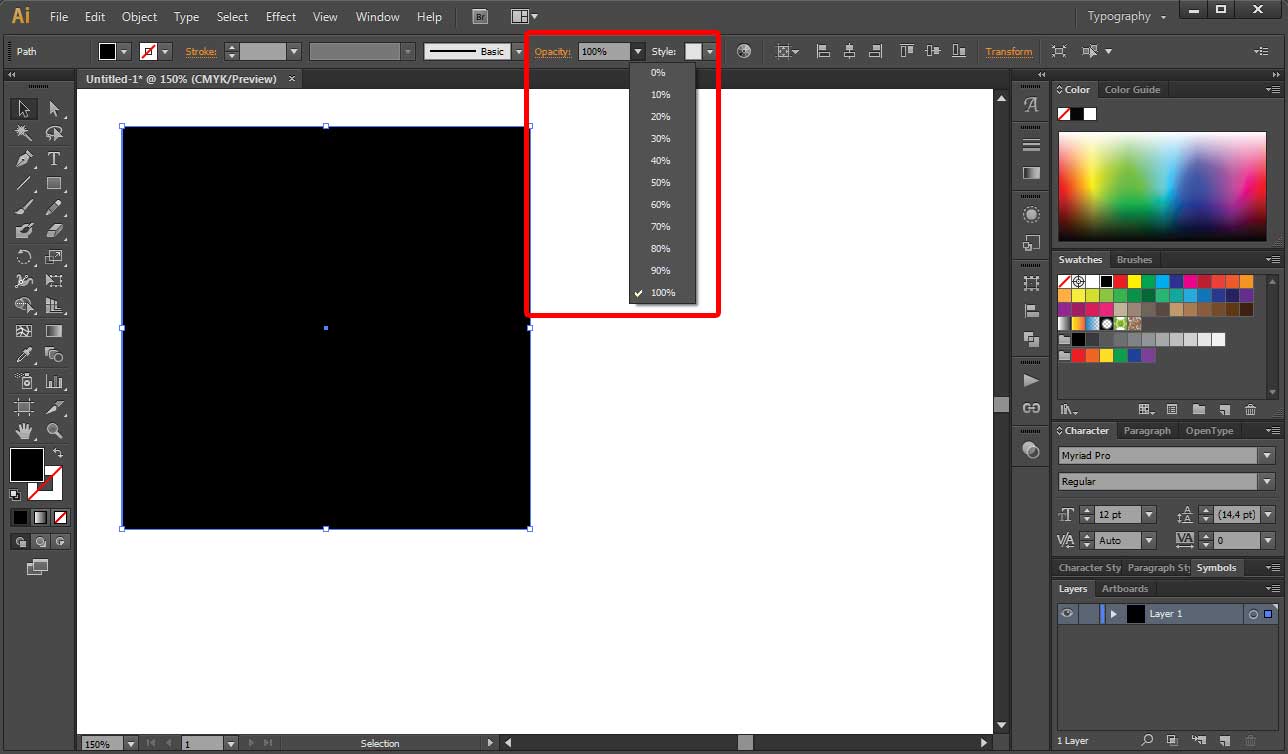What Best Describes the Concept of Utility and Economic Behavior
Utility is a term in economics that refers to the total satisfaction received from consuming a good or service. Concepts laws values and the like.

Utility Definition Economics Measure Of Satisfaction
The unemployment rate is too high.
:max_bytes(150000):strip_icc()/Supplyrelationship-c0f71135bc884f4b8e5d063eed128b52.png)
. Which economic player is most closely associated with the dual role of consumer and producer. The scientific method is the technique used by economists to determine. Up to 256 cash back Which of the following best describes the concept of utility and economic behavior.
Utility of content is dependent somewhat upon the way it is classified. B The satisfaction from consuming goods or services. The unemployment rate in the United States was 97 percent in March 2010.
Nudging contrasts with other ways to achieve compliance such as education legislation or enforcement. Which of the following best describes the concept of utility and economic behavior. The economic utility of a good or service is important to understand because it directly influences the demand and therefore price of that good or service.
ECON 150 W02 quiz Which of the following best describes the concept of utility and economic behavior. For this reason these two ways of grouping content should be. Economic theories based on rational choice usually assume that consumers will strive to maximize their utility.
Satisfaction from consuming goods or services. The utility analysis is based on a set of following assumptions. Behavioral Economics is the study of psychology as it relates to the economic decision-making processes of individuals and institutions.
You just studied 27 terms. The concept of utility is used in neo classical Economics to explain the operation of the law of demand. The concept of utility.
Utility - Behavioral Economics. Which of the following best describes the concept of utility and purposeful behavior. In other words it is a measurement of usefulness that a consumer obtains from any good.
Expected utility theory is a theory of how people make choices and take risks when they dont know the outcome. Indicate whether the following statement s applies to microeconomics or macroeconomics. Satisfaction from consuming goods or services Which of the following represents a positive economic statement.
Nudge is a concept in behavioral science political theory and economics which proposes positive reinforcement and indirect suggestions as ways to influence the behavior and decision making of groups or individuals. The level of satisfaction derived by a consumer after consuming a good or service is called utility. Each of these ways of grouping content has its advantages in teaching in considering the utility of infor-mation and in deciding what information to emphasize.
The tradeoff between spending and saving. The two most important questions in. For example suppose you have just eaten an.
Its Meaning Total Utility and Marginal Utility. Also its the total satisfaction from consuming all the goods and services an individual purchases. Well look at how expected utility theory for decision making works and cover some of its.
Taxes should not be increased since that will lower spending. C The desires of consumers for products that are useful. A The trade-off between spending and saving.
The Concept of Utility. - The effort required to generate income. Which best describes the results provided by market research.
Nonmonetary costs and benefit. Utility is not a quality inherent in the good or service itself. In economics utility can be defined as a measure of consumer satisfaction received on the consumption of a good or service.
- Consumers desires for products that are useful. Although the concept of taste and satisfaction are familiar for all of us it is much more difficult to express these concepts in concrete terms. Marginal utility is the increase in total utility obtained by consuming one more unit of a good service or activity.
Total utility is a conceptual measure of the number of units of utility a consumer gains from consuming a good service or activity. The marginal utility of money is assumed to be constant. Cardinal utility attempts to assign a.
Utility is a term in microeconomics that describes to the incremental satisfaction received from consuming a good or service. - The tradeoff between spending and saving. Traditional expected utility theory asserts that people are rational agents that calculate the utility of each situation and make the optimum choice each time.
Utility Definition in Economics - It is a measure of satisfaction an individual gets from the consumption of the commodities. - Satisfaction from consuming goods or services. Which of the following is not a key element of the scientific method.
Which of the following best describes the concept of utility and economic behavior. The unemployment rate is 48 percent. Consumers desires for products that are useful.
The effort required to generate income. The utility analysis is based on the cardinal concept which assumes that utility is measurable and additive like weights and lengths of goods. D The effort required to generate income.
The satisfaction a consumer gets from consuming some quantity of a good or service. The term economists use to describe the satisfaction or happiness a person gets from consuming a good or service. Cardinal or Utility is measurable in terms of money.
/GettyImages-936532610-3f462bd50c804074be69c7483ef50337.jpg)
/law_of_demand_chart2-5a33e7fc7c394604977f540064b8e404.png)

Comments
Post a Comment